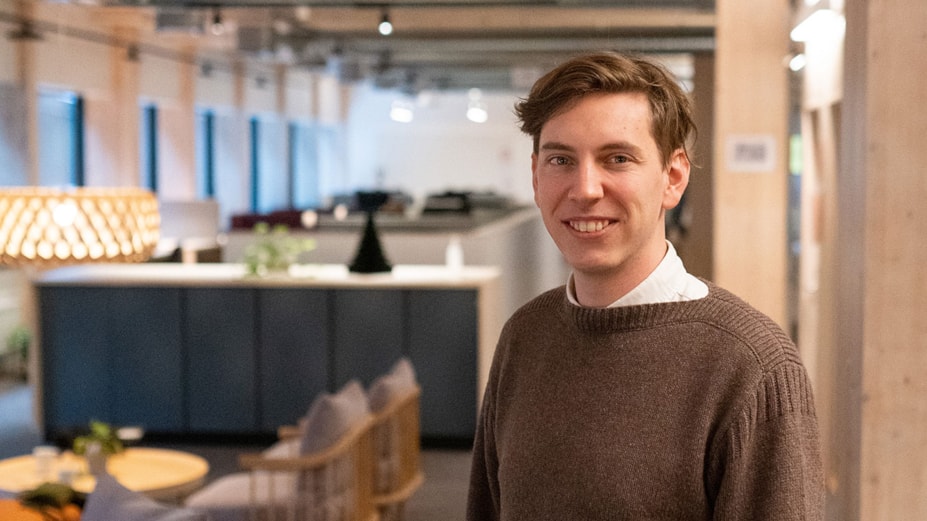
In a doctoral endeavour at Chalmers University of Technology in Gothenburg, where A Working Lab is a participant, there is ongoing research into the constituents and creators of quality within a coworking milieu. The objective is to forge superior conditions for coworking spaces and their affiliates.
The fascination with coworking, malleable workspaces, and communal areas has markedly escalated in recent years. This five-year initiative, seeking to augment the coworking experience, is spearheaded by doctoral researcher Daniel Magnusson at the Department of Technology Management and Economics. It aspires to unravel the essence of quality for the members and to unearth the recipe for triumphant coworking environments.
“Coworking, I am persuaded, belongs to the future. Excelling in the communal use of resources and bolstering collective efficiency are to the benefit of all. Notwithstanding, such studies seldom place members at their nucleus. My ambition is to fathom how we might veritably realise sustainable coworking milieus via enhanced quality,” articulates Daniel Magnusson, a doctoral researcher at Chalmers.
In concert with the study is A Working Lab, Academic House’s scheme for coworking and adaptable gathering locales, alongside Vasakronan's concept Arena and Castellum’s United Spaces in Gothenburg. The project is nascent, and presently it is concerned with the comprehension and delineation of notions such as economic, societal, and environmental sustainability and their pertinence to the members of a coworking milieu.
“At present, our scrutiny focuses on members’ interactions with sustainability. Additionally, on how they may amplify efficiency, escalate productivity, and optimise their temporal investment in a coworking milieu. Moreover, on how we might galvanise them to extend mutual aid, proliferate shared knowledge and resources, and undertake collective stewardship of the space in which they function. These exemplify merely a fraction of our explorations,” Magnusson elaborates.
The subsequent phase aims to devise a universal metric that can appraise and evaluate, efficacious irrespective of the professional roles or sectoral affiliations of the members. The ambition is also to apply behavioural science techniques such as nudging to foster positive conduct that engenders sustainable impacts and heightens perceived quality. The venture receives its funding from Academic House and CMB, the Centre for Management of the Built Environment at Chalmers, with a completion target set for 2025.